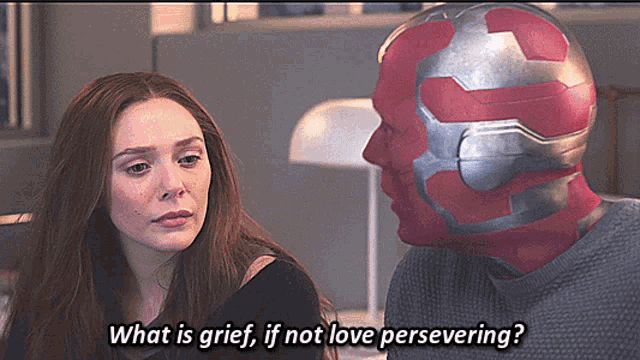On Public & Private Griefs
The ones we share are at the surface. The ones we keep private are deeper still.
This week has been difficult for my family. We had to say goodbye to our dog, whose health had been failing for months. His name was Dumis. He was a Black Lab mix, and he was my shadow. He would follow me from room to room, and if he could help it, he would never leave my side. He never knew his size—he was a big dog who thought he was a lap dog. He loved ice cubes. He loved pets. If you were working on the couch with a laptop, he would nudge your arm up off the keyboard, demanding attention. Our walks weren’t so much walks as guided smelling tours.
As he got older, he slowed down. He was less interested in walks. He lost a lot of strength and bodily control. But he never lost his sweet, gentle nature.
Knowing that this day would be coming did not make it any easier. We grieve the loss of his presence in our life. In our home.
Grief forces you into introspection. The shock of death deepens the senses. Light feels more intense. The vibrancy of living things—of trees and plant life, of animals, of the busyness of the world—is juxtaposed by the stillness and finality of death.
Grief is part of life. It is love persevering. Part of grief is sharing the stories and anecdotes about our life with the departed. This public grief is part of the process. By sharing it—either widely or on a smaller, intimate scale—we honor them and acknowledge to the world that we are hurt and tender.
Even so.
There are private griefs we hold closer to our hearts. The things we do not share. And those guarded griefs are ways we honor our selves, and set boundaries with the world.
Those private griefs shape us. They may stem from the death of a loved one, the death of a relationship, the death of a point-of-view, the death of a community. The grief of unanswered prayers. The loss of trust. These are our deepest wounds, and how we see to their healing is up to us to determine.
Which makes me all the more compassionate for people that share their grief with the world, and for those who are not given a choice in the matter. For communities that experience violence and death, their loss becomes a news story. Some elect to use their grief to contribute to a larger conversation or to lead the conversation in a new direction, while others wish for privacy.
When someone shares their grief with you or the broader public, they are trusting you with their vulnerability. In the throes of it, we know precisely the sting and victory of death, and Paul’s words are no consolation.
Some griefs are sacred and secret. If a person shares a seemingly “small” sliver of grief with you, there are likely many more moments that have gone unsaid.
There is so much grief in the world. I hope there is enough compassion, too.
Thanks for reading. To keep up with my writing & podcasting, you can subscribe for free, or at $4, $6, or $8/month to receive ad-free podcast feeds & more. I donate 25% of net proceeds to White Homework & The Religious Exemption Accountability Project. Free tiers are also available.






I'm so sorry for your loss. Your post and your grief honor the love you have for Dumis. Wishing you comfort during this difficult time.